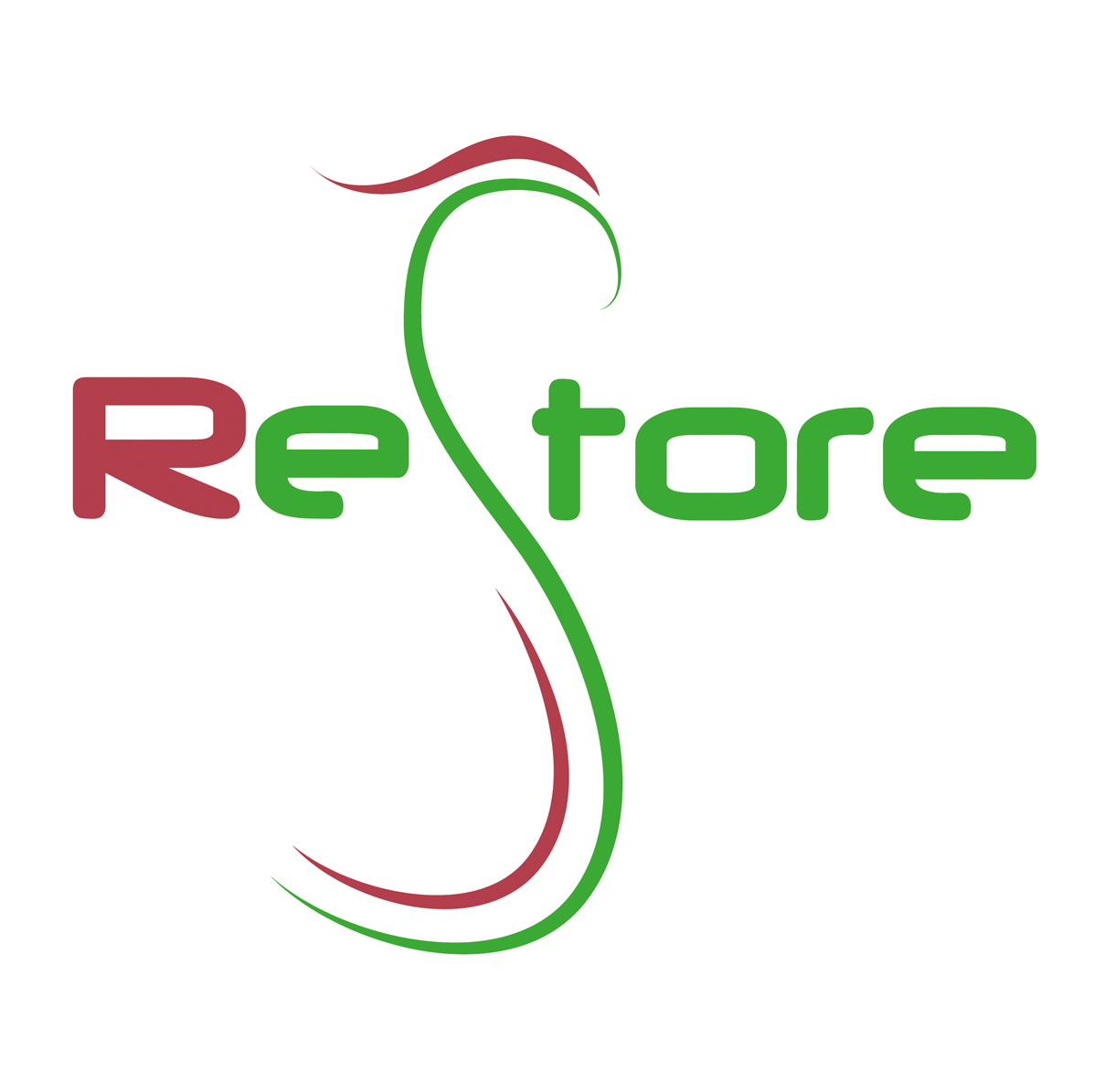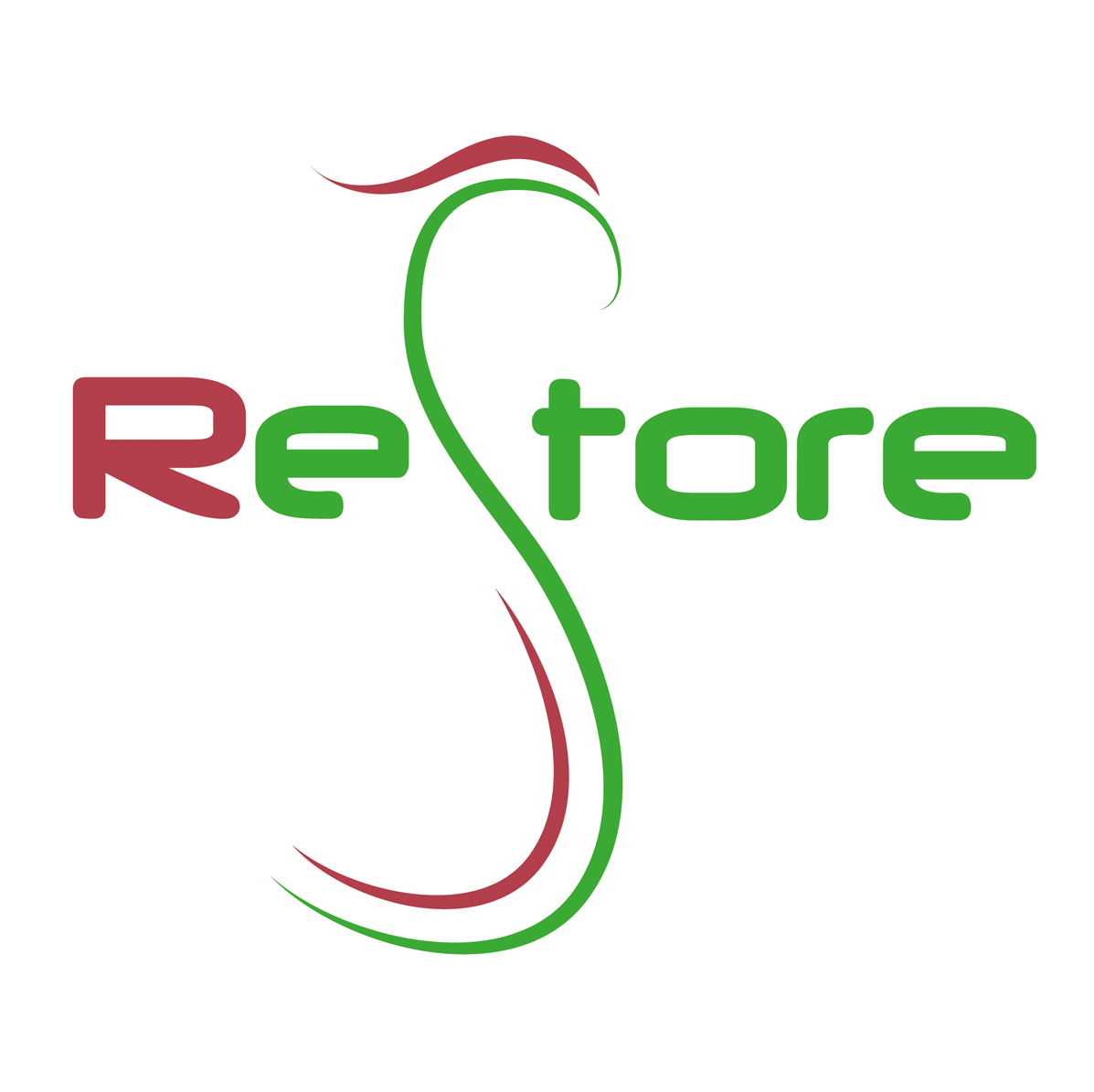The round table on the figure of the Social Theatre Operator in Italy took place on 27 April 2020. Due to the current pandemic, however, it was carried out online instead of taking place at the Faculty of Education of Roma Tre University, as originally planned.
The event allowed different representatives of the social theatre sector to debate and confront their opinions. Participants included prof. G. Scaramuzzo of the Roma Tre University, prof. A. Rossi Ghiglione of the University of Turin, Prof. G. Malini Innocenti of the Catholic University of Milan, Prof. Roberto Prestigiacomo of the University of S. Antonio (U.S.A.), prof. A. Pontremoli of the University of Turin. The round table was moderated by Pascal La Delfa, president of Oltre le Parole Onlus (leader of the RESTORE project) and members of the Artistic Pole of Comunità San Patrignano (partner of the project) and the National Academy of Theater and Art in the social area will also participate.
The round table was greeted with great interest by the speakers and the guests who participated as listeners. The round table lasted about 150 minutes and was conducted through the Zoom online platform. The entire conference was recorded and will be put online in the next few days on the organizers’ channels and via links on the RESTORE project website. At the end of the discussions, participants were able to ask questions to the individual speakers and receive an immediate feedback.
The main points foreseen for the round table discussion entitled “Who is the Social Theatre Operator”, were the following: 1) Who is the Social Theatre Operator? 2) To take stock of the “state of the art” at (European and) national level with regard to the employability and the professional conditions of the STO, also taking inspiration from the partial results of the research carried out insofar; 3) Define the requirements and areas of the professional profile of the theatre operator in social work. The following points, instead, will be the basis for future discussions: 4) Assume improvements for the standardization of the validation and training process for the above mentioned operators; 5) Comment on the partial (Italian) data that emerged from the research carried out insofar.
The roundtable started with a first round of speeches from the rapporteurs, who briefly mentioned their work and made some considerations on the three points. A second round of interventions followed, which was led by the speakers who commented on the previous interventions with their personal experience. In particular, they started from the provisional definition agreed by the RESTORE project team during the first transnational meeting, which was also the result of the research carried out for the Intellectual Output 1, as follows: “Social Theater Operators facilitate theatrical and creative processes for people of any age, with different backgrounds and conditions. The main focus of the activities should be on the process itself with respect to the quality of the performance, aiming to favor empowerment, interpersonal relationships, personal awareness and to improve participants’ quality of life and social inclusion.”
In short, the main opinions that emerged from the round table discussions can be summarized as follows:
“The definition, although interesting, is still to be further investigated and specified”;
“It is important that we work on this professional figure who can have transversal skills”;
“It would be important for Social Theatre Operators to be able to work as a staff member”;
“Special training of these operators is indispensable, especially because I found myself working with a fragile humanity, and the theatre (and the arts in general) can be so powerful that they must be correctly and consciously managed with competence and measure”;
“The activity of the social theatre operator does not stop at working with its users, but it impacts the whole territory and society”;
“It is important to be able to collect data on the work that is carried out, both from a statistical and a scientific point of view (see for example the work on neuroscience), both as a tool of professionalism and because it can be an important point to apply this work on a solid basis.”
Here you can find the link to watch the full round table in the original language.


